Procrastination isn’t just about laziness or poor time management—it’s a deeply rooted psychological behavior. Even when we know a task is important, we often delay, avoid, or find excuses to do something else.
So why do we procrastinate, even when it causes stress? The answer lies in how our brains process rewards, emotions, and decision-making.
This article will break down the psychology behind procrastination, why it happens, and science-backed strategies to overcome it.
Why Do We Procrastinate? The Psychological Reasons Behind Delays
Procrastination happens when short-term pleasure wins over long-term benefits. It’s a battle between two parts of your brain:
✅ The Prefrontal Cortex → The rational planner that knows what’s important.
✅ The Limbic System → The emotional brain that seeks comfort and avoids stress.
When a task feels overwhelming, difficult, or boring, the limbic system overrides logic, making you delay the task in favor of something easier or more enjoyable.
The 4 Psychological Triggers of Procrastination
| Trigger | Why It Causes Procrastination | Example |
|---|---|---|
| Fear of failure | You avoid starting because you’re afraid you won’t do well. | Delaying a project because you’re unsure how to begin. |
| Task overwhelm | The task feels too big, making it hard to take the first step. | Avoiding a research paper because it seems too complex. |
| Instant gratification | Your brain prefers easy rewards over hard work. | Watching Netflix instead of studying. |
| Lack of urgency | Without a deadline, there’s no pressure to act now. | Putting off exercise because “there’s always tomorrow.” |
✅ Key Idea: Procrastination is a form of emotional self-regulation—it’s not about time management, but how we handle discomfort.
How to Beat Procrastination: 6 Science-Backed Strategies
1. Use the “Just 5 Minutes” Rule to Get Started
The hardest part of any task is starting. Your brain resists tasks that seem long or difficult. But if you commit to just 5 minutes, it feels manageable.
✅ How to Apply It:
- Tell yourself: “I’ll work on this for just 5 minutes.”
- Once you start, momentum takes over, and you’re likely to continue.
📌 Why It Works: This technique reduces task resistance and makes it easier to build momentum.
2. Break Big Tasks into Smaller, Achievable Steps
Your brain avoids overwhelming tasks. Breaking them into smaller, specific steps makes them easier to start.
✅ How to Apply It:
- Instead of “Write an essay”, start with “Write one paragraph.”
- Instead of “Clean the house”, start with “Tidy up one room.”
📌 Why It Works: Small progress creates a dopamine reward, keeping you motivated.
3. Reduce Temptations That Distract You
Your environment shapes your behavior. If distractions are easily accessible, procrastination is inevitable.
✅ How to Apply It:
- Put your phone in another room while working.
- Use website blockers (e.g., Freedom, Cold Turkey).
- Work in a clean, distraction-free space.
📌 Why It Works: Less temptation means fewer interruptions and better focus.
4. Set Immediate, Short-Term Deadlines
Without clear deadlines, tasks feel less urgent, making it easier to delay them. Creating short-term deadlines helps you stay on track.
✅ How to Apply It:
- Set a deadline for today, not just “someday.”
- Break projects into weekly or daily mini-goals.
- Use a timer (e.g., “Finish this in 30 minutes”).
📌 Why It Works: A sense of urgency forces your brain into action mode.
5. Reframe the Task as a Challenge, Not a Burden
Your mindset affects whether a task feels motivating or exhausting. Instead of thinking “I have to do this,” reframe it as “I get to do this.”
✅ How to Apply It:
- Turn work into a personal challenge (“Let’s see how fast I can complete this!”).
- Reward yourself for progress to keep motivation high.
📌 Why It Works: A positive mindset reduces resistance and increases engagement.
6. Use Accountability to Stay Committed
Telling someone about your goal makes you more likely to follow through.
✅ How to Apply It:
- Share your deadline with a friend, mentor, or coach.
- Use accountability apps like StickK or Beeminder.
- Work in study or coworking groups.
📌 Why It Works: External pressure forces you to stay committed.
Final Thought: Take Action, Not Perfection
Procrastination isn’t about time management—it’s about emotions, habits, and mindset.
By using these strategies, you will:
✅ Overcome task resistance and take action faster.
✅ Reduce distractions and improve focus.
✅ Develop a mindset that makes work feel easier and more rewarding.
Start now: Pick one small task and apply the 5-minute rule today! 🚀


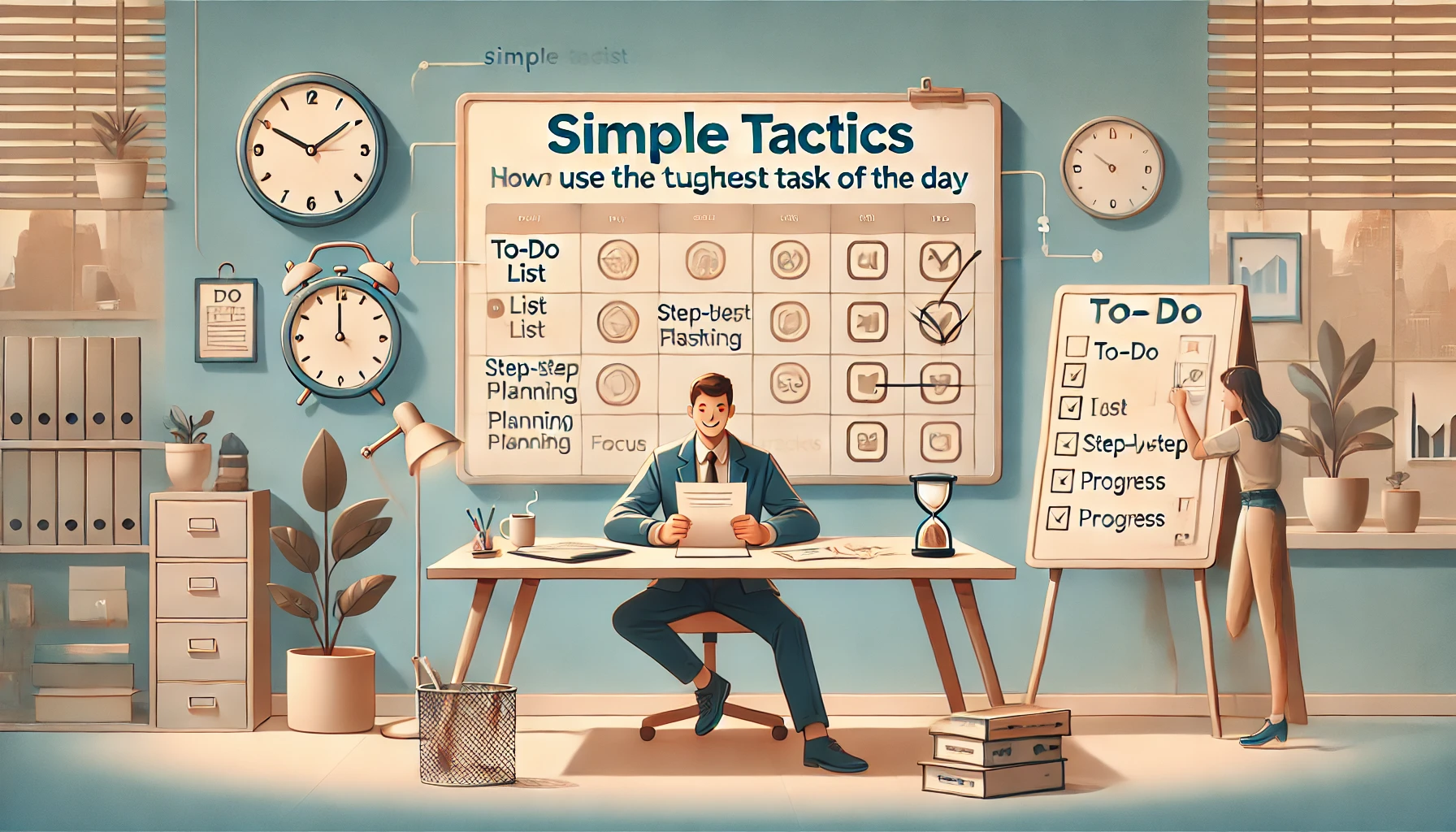
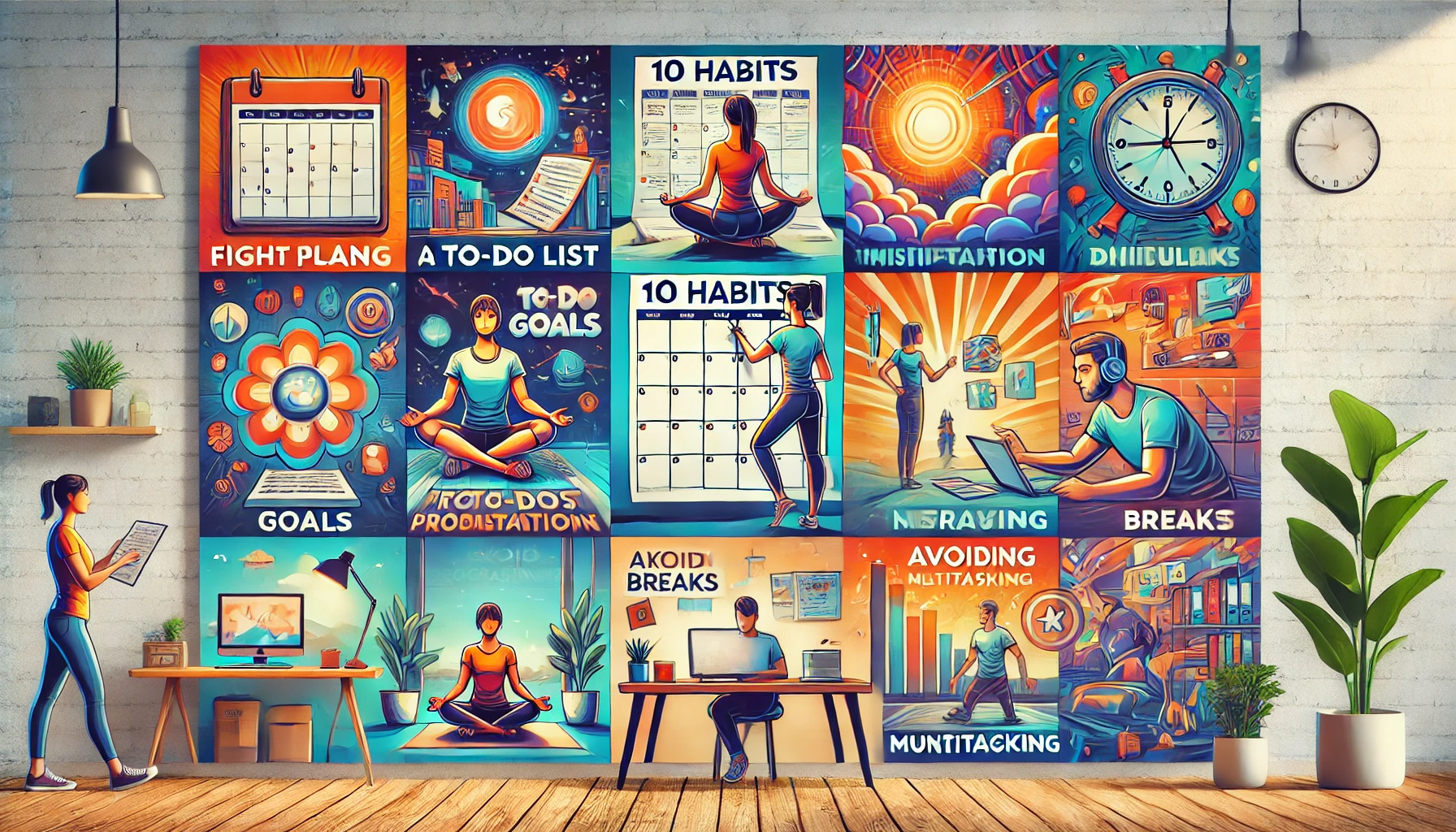
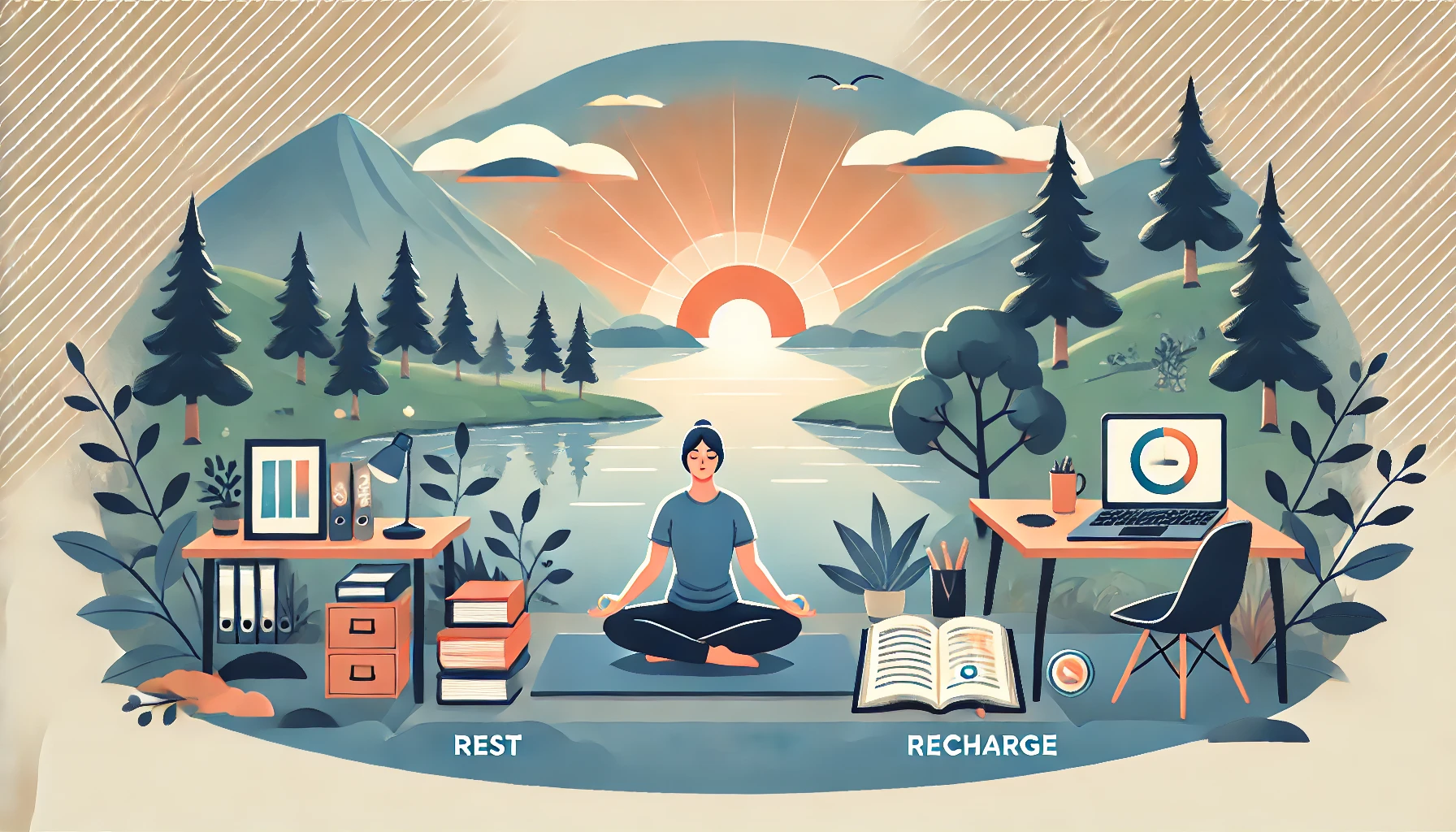




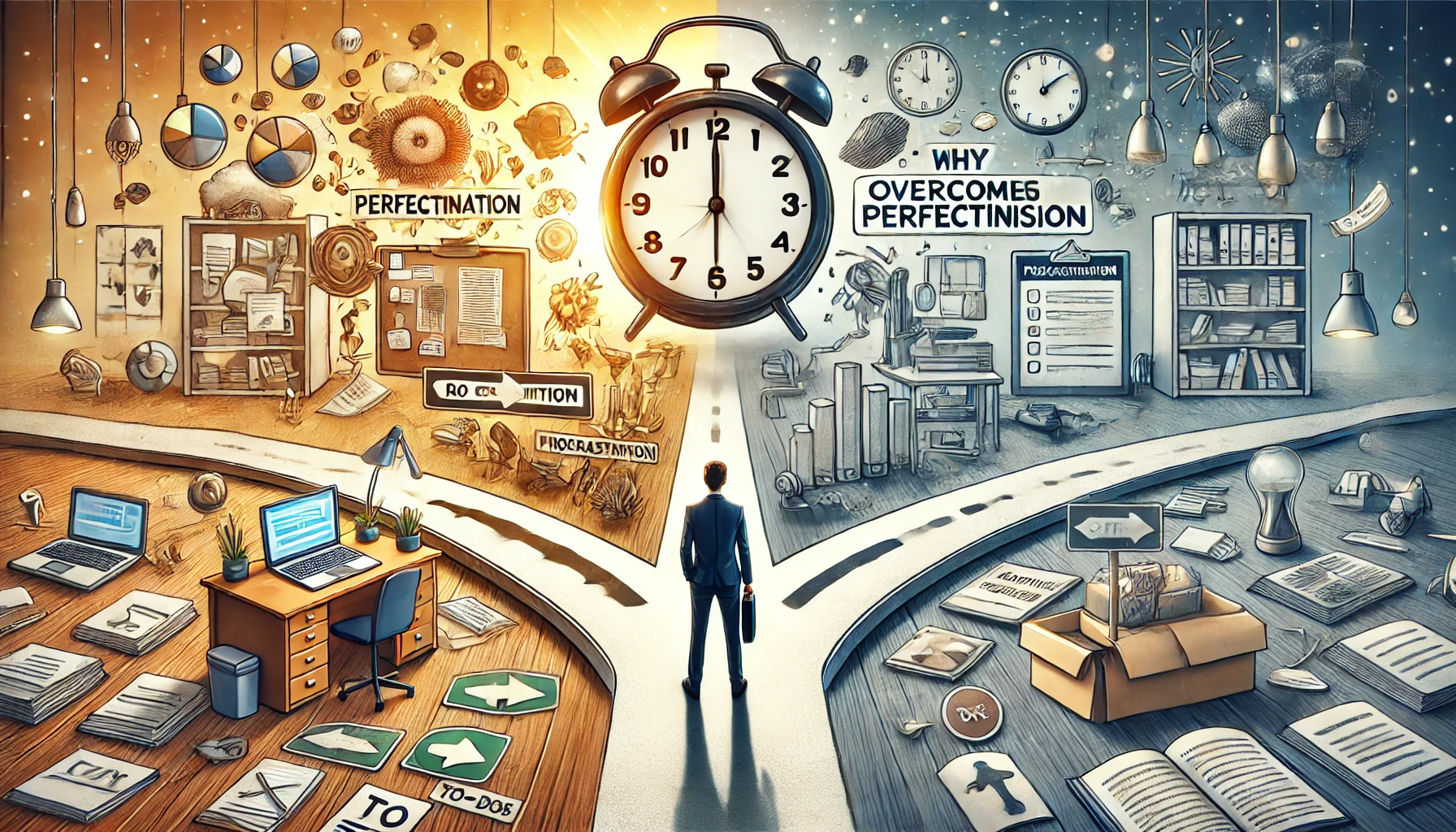
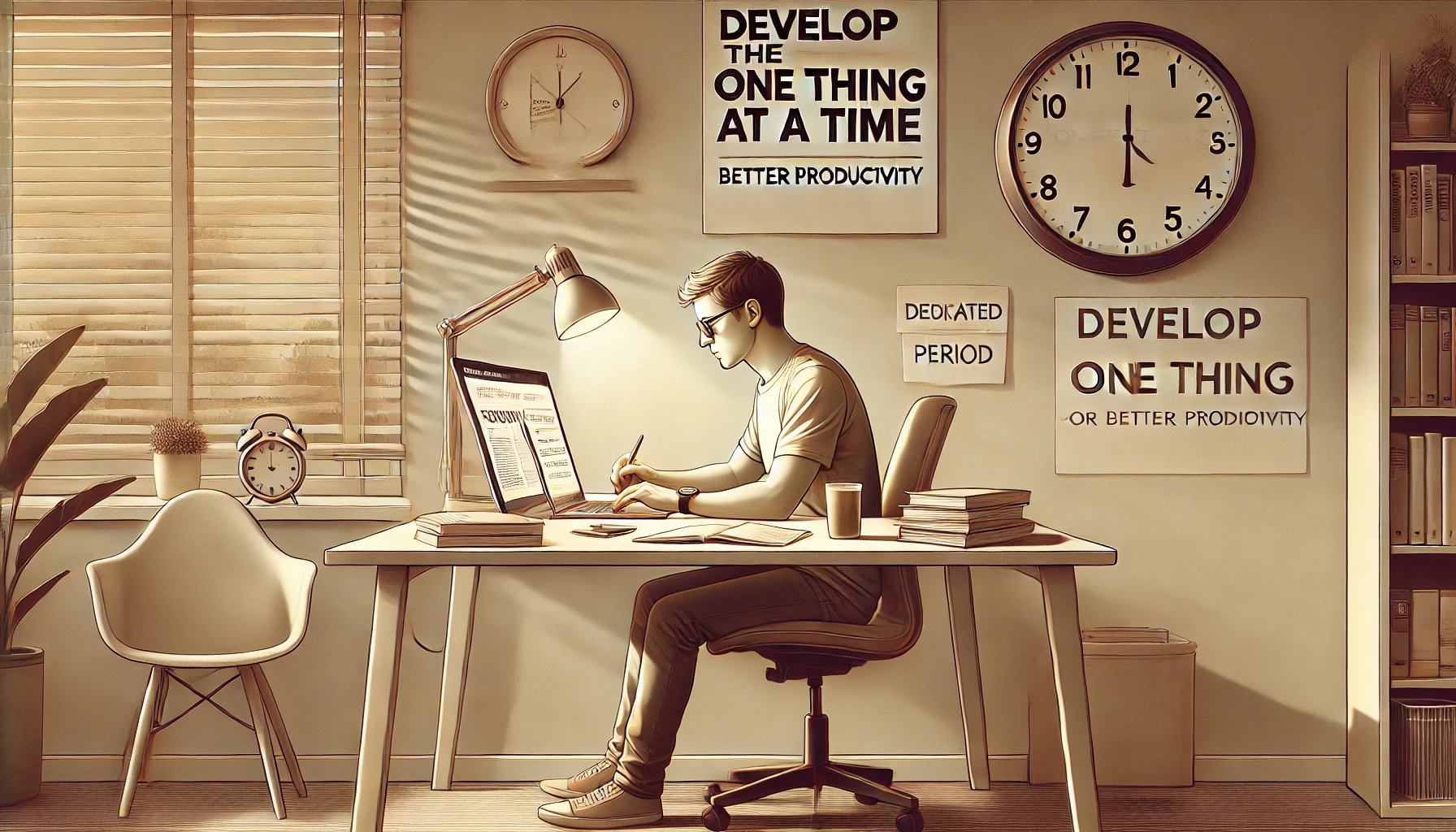
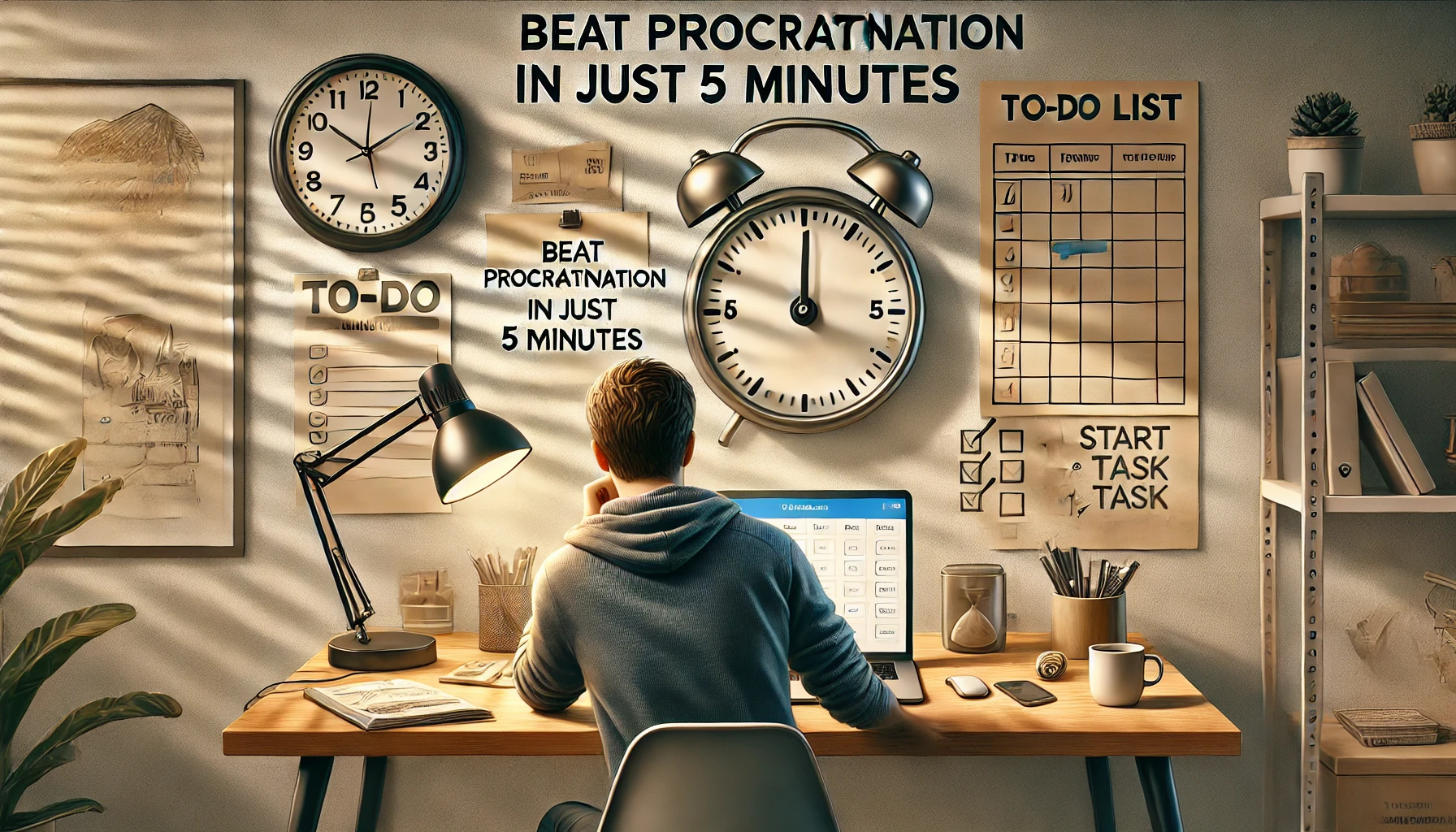
Leave a Reply